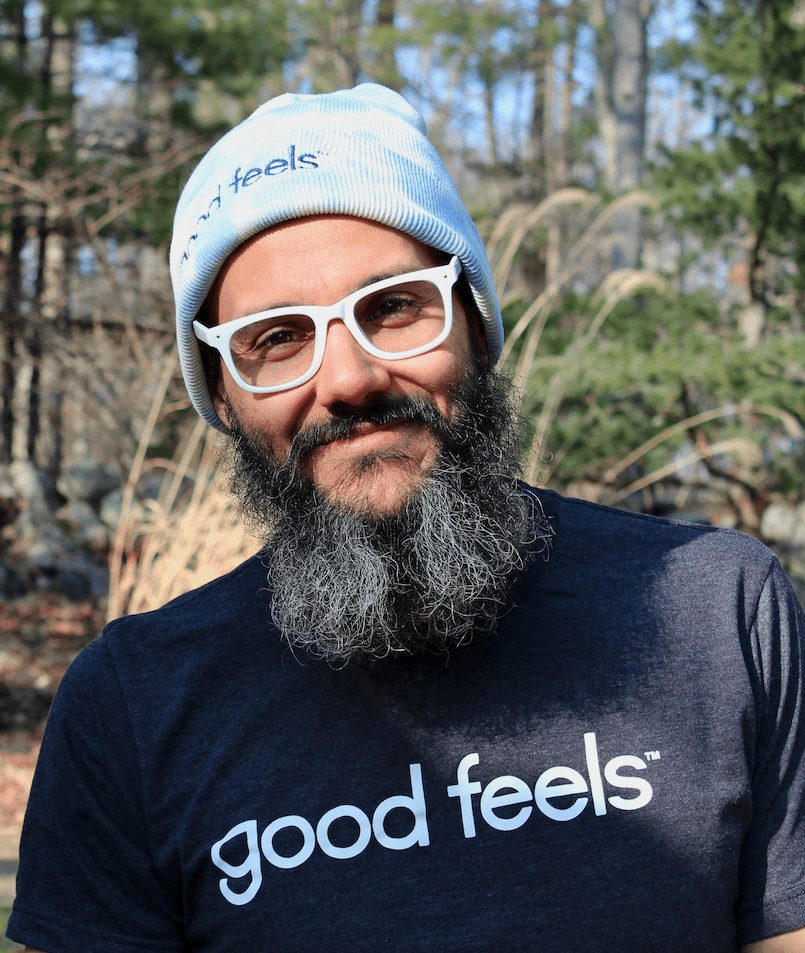
I got connected with Jason Reposa from Good Feels a Massachusetts based, cannabis beverage company. Good Feels makes a variety of cannabis infused seltzers. Jason is an impassioned founder and offered a robust perspective on his knowledge of the cannabis space
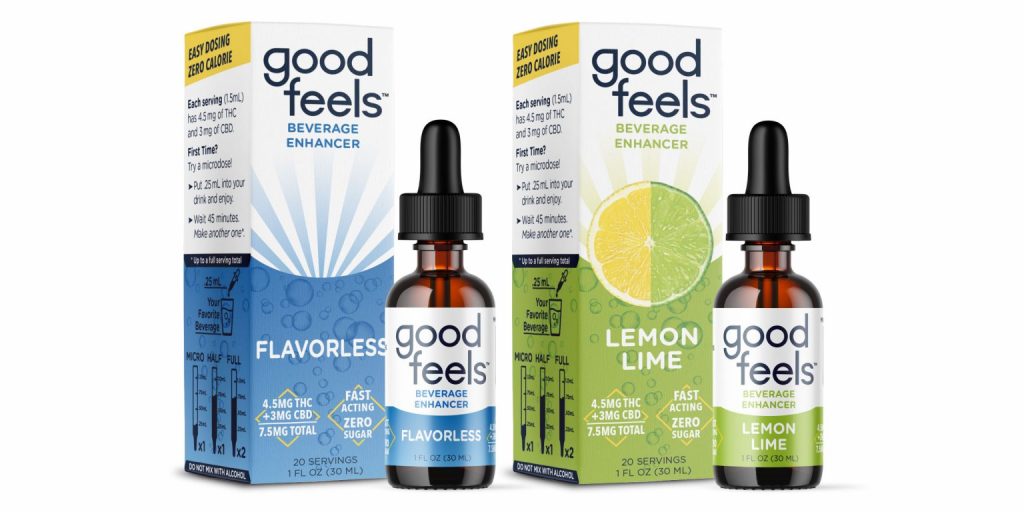
Please describe yourself and your work.
I’ve worked in all kinds of odd jobs, from moving furniture, to professor, to programmer. I’ve always been in technology. I always loved disassembling stuff when I was a kid, and then trying to rebuild them, and then failing.
So I’m a bit of a chameleon in that sense, where I can adapt to different situations, but at the same time, as a person, I think I’m a loving, caring husband and father. I am an advocate for a lot of social change and I’m trying to make the world a better place by doing what I can in my little world.
What qualities shape a person to be a leader in the cannabis space?
So in cannabis, you have to be agile. There’s a lot of compromise, especially if you’re talking about a small business. So if you’re an MSO, then this conversation isn’t for you. But if you’re a small business person, who’s just trying to get their cannabis business off the ground, you have to be agile.
You’re going to have to compromise a ton, not necessarily compromise on your values, but compromise on some of your expectations on the ability to launch on time. The ability for the town that you’re in, to be able to accept you, as you are. A lot of that has to do with certain compromises you need to make to get into the cannabis industry that aren’t well known. For example, if the town has a problem with noise, you say, ‘Okay, we’ll have no noise.’ You find a way to make no noise. If the town says, ‘We don’t want it to smell,’ you find a way to solve that issue next.
You have to be able to convince people, employees, even. Your first employee has to be convinced, right from the beginning to be like, ‘I’m on that team, because I want to get on the rocket ship. This person’s going somewhere.
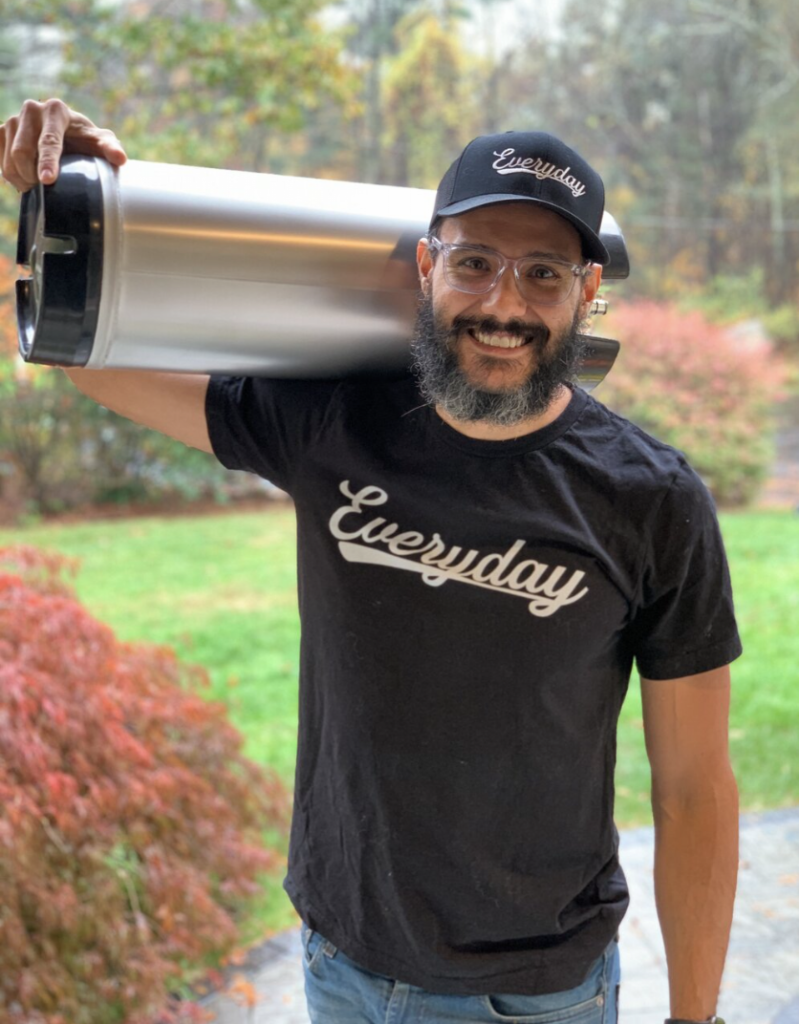
Cannabis continues to become a more normalized aspect of culture in the US and elsewhere. Does anything about this shift excite you? Why?
It excites me greatly, because it’ll help de-stigmatize things and normalize things. For us, it’s more about bringing the normalization of cannabis to you [with our products and values]. Not by smoking, because smoking isn’t going to be fully accepted all of a sudden. You can’t just start sparking up in your friend’s house. Their mom’s going to come down and be like, “What are you guys doing? Get out of my house.” So smoking isn’t going to be entirely cool again. It’s just not, in a mass market sense. So normalization is huge for us.
I was recently reintroduced to [cannabis] back in 2019 when I had health issues. So for me, I’m looking at a whole new world. I’m not thinking to myself, how do I get parents to start sparking up joints at soccer games? I’m talking about, hey, if you’re at a party and you just want to hang out, drink one of these. What we like to say is, it’s not about education, because education costs time and money. It’s about enlightenment. Enlightenment means that when you show them our product, there’s a moment that switches in their head. They’re like, ‘Oh I had no idea you could drink it.
How did the pandemic affect your business?
Timing was probably the biggest thing. I would say since we weren’t launched, we didn’t have to get shut down. A lot of the cannabis industry in Massachusetts got shut down during the pandemic, only to reopen a few months later. Since we were in the building process, that ended up killing our supply chain. At the same time, just getting people in the building to work on things was by far the hardest part of the pandemic for us because we had no full-time employees yet. That also saved us because payroll wasn’t a priority throughout the entire thing. I only started paying payroll as we were coming down from it, but then Omicron hit. Fortunately, that did not sidetrack our progress significantly.
How has your professional work fostered your personal growth? What have been your greatest challenges in this industry?
Professionally, I feel like the plant itself has given me a lot of love and care when it comes to nurturing my children. I would say the plant itself is probably the most responsible for that because I was able to chill a little bit. At the end of the day I can turn o the volume a little bit. And so, if I turn down that volume, I’m able to just be a person again. Oftentimes, as you see me now, I’m a little bit on edge and frantic sounding. As far as professional work, I’ve been doing this for a really long time so I feel like professional and personal are somewhat the same. Everything blends together when you own the company. I don’t have a personal life and a professional life. I’m always on, all the time for everybody.
The biggest challenge right now is, as a self-funded operation, has been primarily just greedy people. Once you say cannabis, it doesn’t matter who you are. People have their hands out at every step, being like, ‘Hey, we did this’ and saying, ‘Where’s my money now?’ They don’t realize that I’m literally paying this out of my pocket; from my own bank account. Greed has been a big challenge, because yes, with big risk, which is what I’m doing, comes big reward. But along the way, many people have their hands out. Anytime you mention cannabis to a vendor, they double their price, off the t
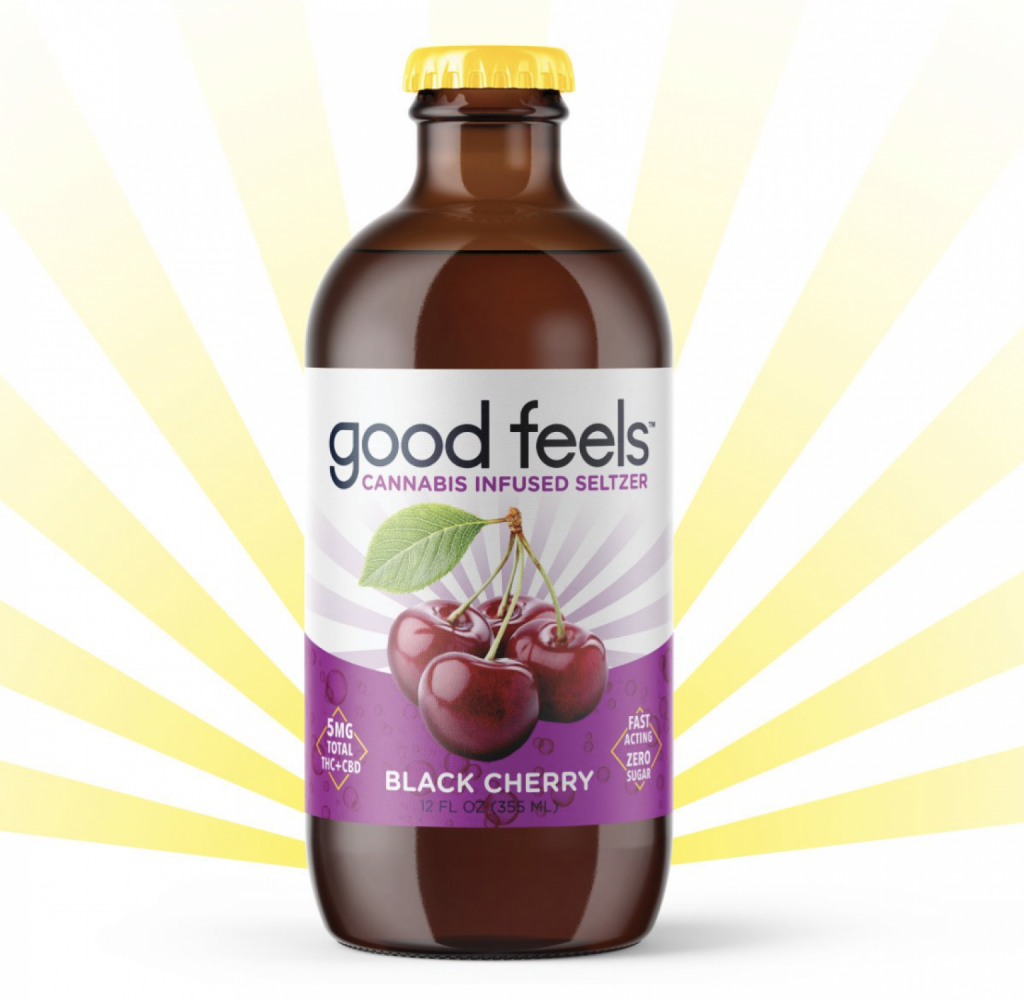
What do you foresee in the future of the cannabis industry?
As far as the future, we are the future. There’s no going back. There’s no putting the toothpaste back in the tube. It’s out, this technology’s out. This concept is out. Now we have to be able to establish our footprint and make sure that we plant our flag in Massachusetts to make sure that it’s very well known that we are going to be the number one cannabis beverage in Massachusetts. The future for us is always going to be about making sure that our brand owns the day. The dispensaries are the gatekeepers now, that’s not always going to be true. There will be at some point direct to consumer through either delivery, social consumption, and all these other things that are going to happen.
What about your work gives you a sense of fulfillment and/or empowerment?
Fulfillment is seeing the product on the shelves, 100%. Just seeing something that you create out of nowhere appear on a shelf many many months later is a phenomenal experience. This is going back to the point of having great, great grandkids to be like, ‘Hey, my great, great grandfather did that.’ So being on the shelf is hugely fulfilling in itself, coming from the person who’s only done digital things in their past life. As far as empowerment, that’s an interesting one. I often feel empowered when I’m listening to other inventors. I feel energetic and that drives me to do the next thing. Maybe empowerment isn’t the exact word for that, but oftentimes, when I’m talking to other people who are inventing new things, I get really excited and I want to help them, iterate on it, and come up with some ideas of how to improve it. Those experiences are less frequent, but they do occasionally happen.
In what ways can cannabis empower your community?
As far as empowering the community goes, I’d say that we’re doing several things right. When I started the company, I always said to myself, ‘I’m going to create a company that puts sustainability first.’ The community itself, for me, is the world. I’m trying to do what’s right as a business owner by making sure that I’m taking care of the planet as well as our employees and the local community.
We’re trying our best to hire locally. It is a Massachusetts-focused industry, so we don’t have many remote employees and we often find local people to work with us. Paying a living wage to that person and eventually, a thriving wage to that person, is hopefully going to be beneficial to the community as a whole.




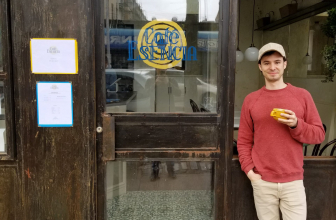
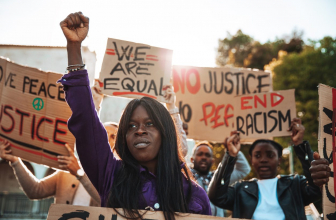

[…] you have! It was conceived in the dynamic city of New Orleans, with strong roots in Black culture. Legends like Louis Armstrong and Ella Fitzgerald paved the way. And let’s not forget about hip-hop, […]